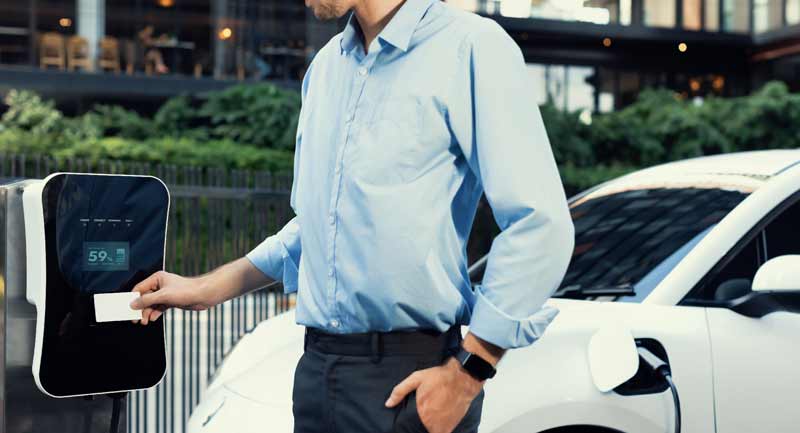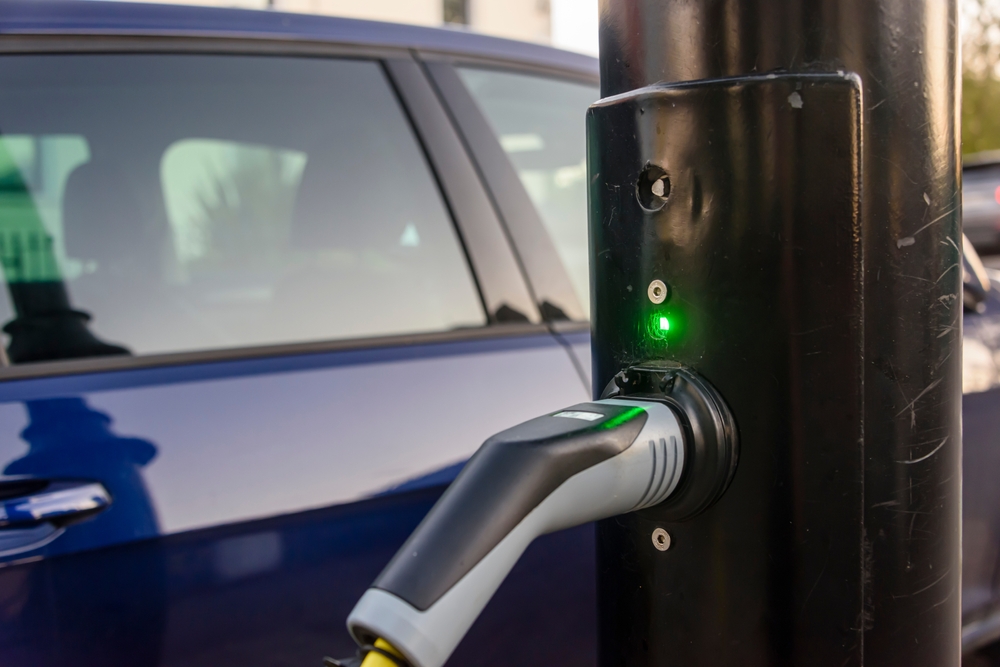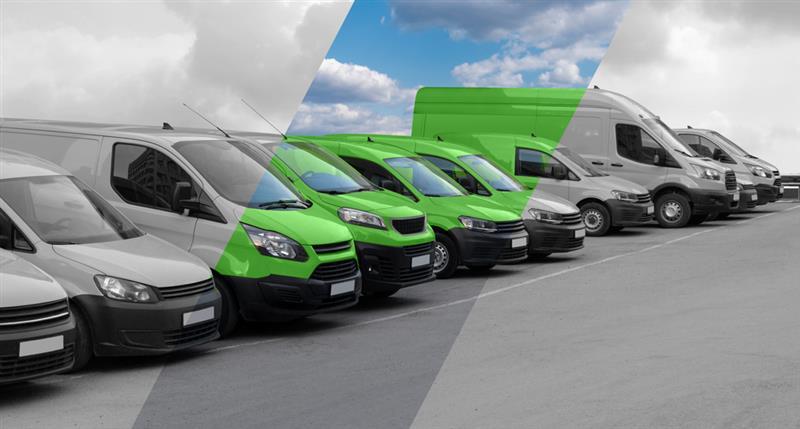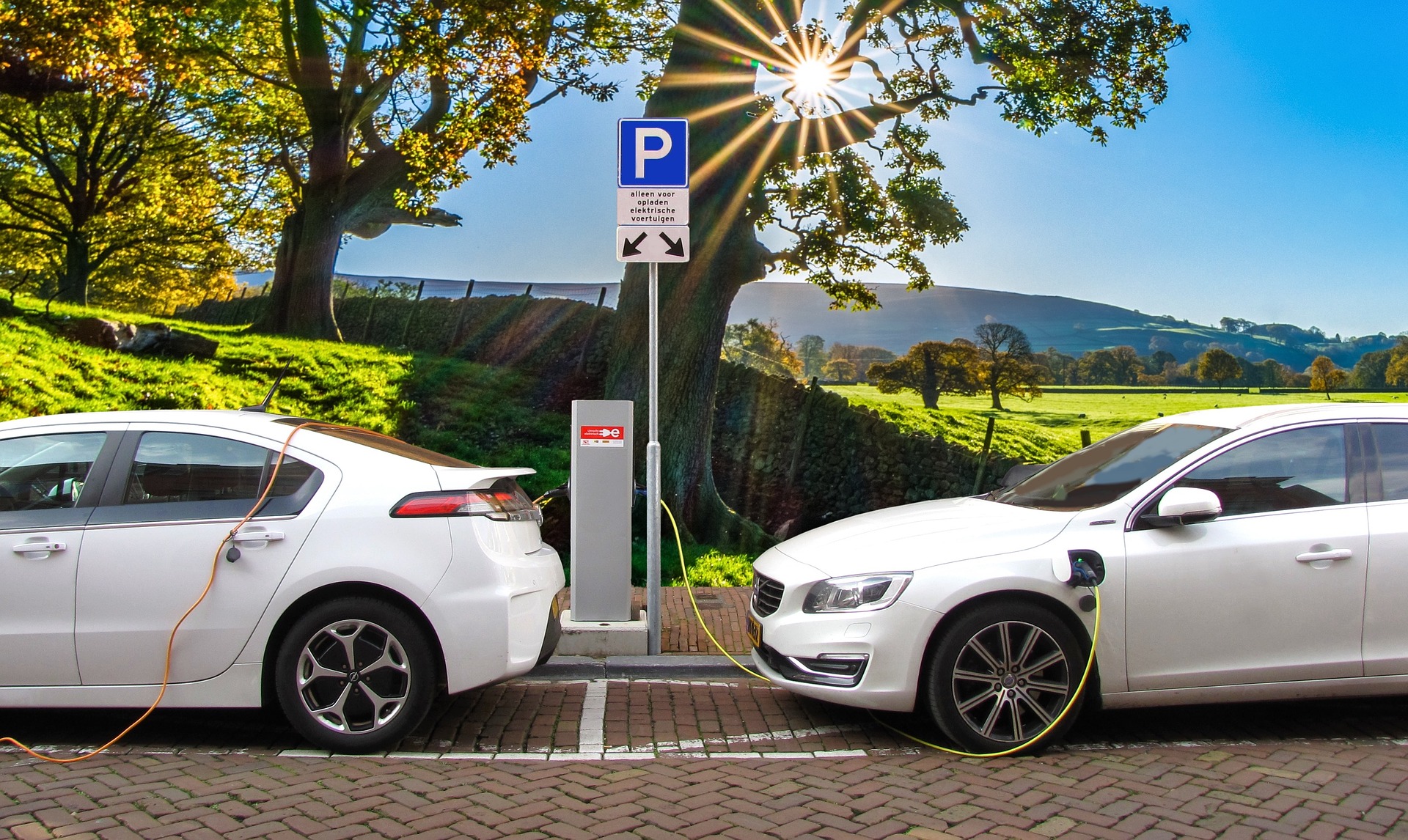You’ve done all the research from different brands and types of commercial chargers, as well as contractor and installation costs, and now you’re looking at publicly promoting your charge points so you can start seeing a return on your investment.
It's a good idea to think about how much drivers should pay for charging as early as possible in your charger installation process, as it requires some investigation and consideration.
Having a higher tariff may seem like a fast track to your goal of earning revenue, but if your prices aren’t competitive, then you may be missing out on more business from drivers in your area, especially by drivers finding your chargers on charge point navigation apps.
 Receiving grant funding for your charge points?
Receiving grant funding for your charge points?
The government charge point grant schemes are a great resource for generating the funding necessary for organisations to establish a charging infrastructure. Remember, when you agree to accept these grants, the expectation is that you are not intending to earn a profit from your charge points.
With grant funded charge points, your tariffs should only be recouping the costs of the energy usage, VAT, any commission fees, and a small percentage to cover maintenance costs.

Location, location, location
The best way to get an idea on pricing your charging tariffs is to scope out the local charging options. Using charge point mapping apps, such as the Fuuse Driver App search feature or Zap-Map, you can view and filter local charge points in your area to compare tariff pricing.
Determine the average of these local tariff prices to help decide on your pricing point. You’ll want to keep prices competitive to ensure steady usage, but it is important not to undersell your service so as best to maximise your revenue.
The type of charger matters
The type of charger and charging speed is important to consider when pricing charger tariffs. Most public chargers owned by local businesses and the public sector are AC, which have lower installation and energy consumption costs, making them more practical for most businesses and more accessible to drivers as the tariffs are lower.
DC charging, often found at charging depots, may be appealing to EV drivers travelling longer journeys, and, when available in convenient locations like beside motorways, owning DC chargers could be extremely lucrative once they begin to return a profit.
Your DC chargers will truly benefit from optimising driver accessibility by:
- choosing the right location
- promoting your chargers on EV navigation maps
- offering a range of different payment options
Greater kWh means higher energy costs
If you are installing charge points at your business location, such as a shopping centre or hotel, you may want to consider installing slower chargers that are more affordable to power at lower tariff rates, incentivising customers to stay and shop at your location.
Calculate the profit from your charger revenue
Once you have an idea on your tariff, you can estimate gross income by subtracting the cost of energy, VAT, any commission fees from installers or services associated with your chargers, and for maintenance costs.
NOTE: This is a monthly estimation and does not take into account the investment costs you might have incurred from charger installation and setup fees.
So, if in your area the average pricing for fast charging is 60p/kWh, you would subtract an estimated energy rate (we'll round up the national average to 30p/kWh), 20% for VAT, and an additional 8% for commission fees. After all the cost deductions, your charger will be earning a profit of about 17p/kWh. That's about £22.44 profit from a six hour charging session on a 22kWh charger.
 Blueprint for a successful charge point operator
Blueprint for a successful charge point operator
Becoming a successful charge point operator requires research and a well-developed plan. Fortunately, we have put together a guide to pricing and promoting your charge points.
Click the link below to download the Blueprint for a successful charge point operator and learn how you can maximise your charger revenue.
Download the free booklet now.
Ready to get started with Fuuse? Get in touch with our experts today.









